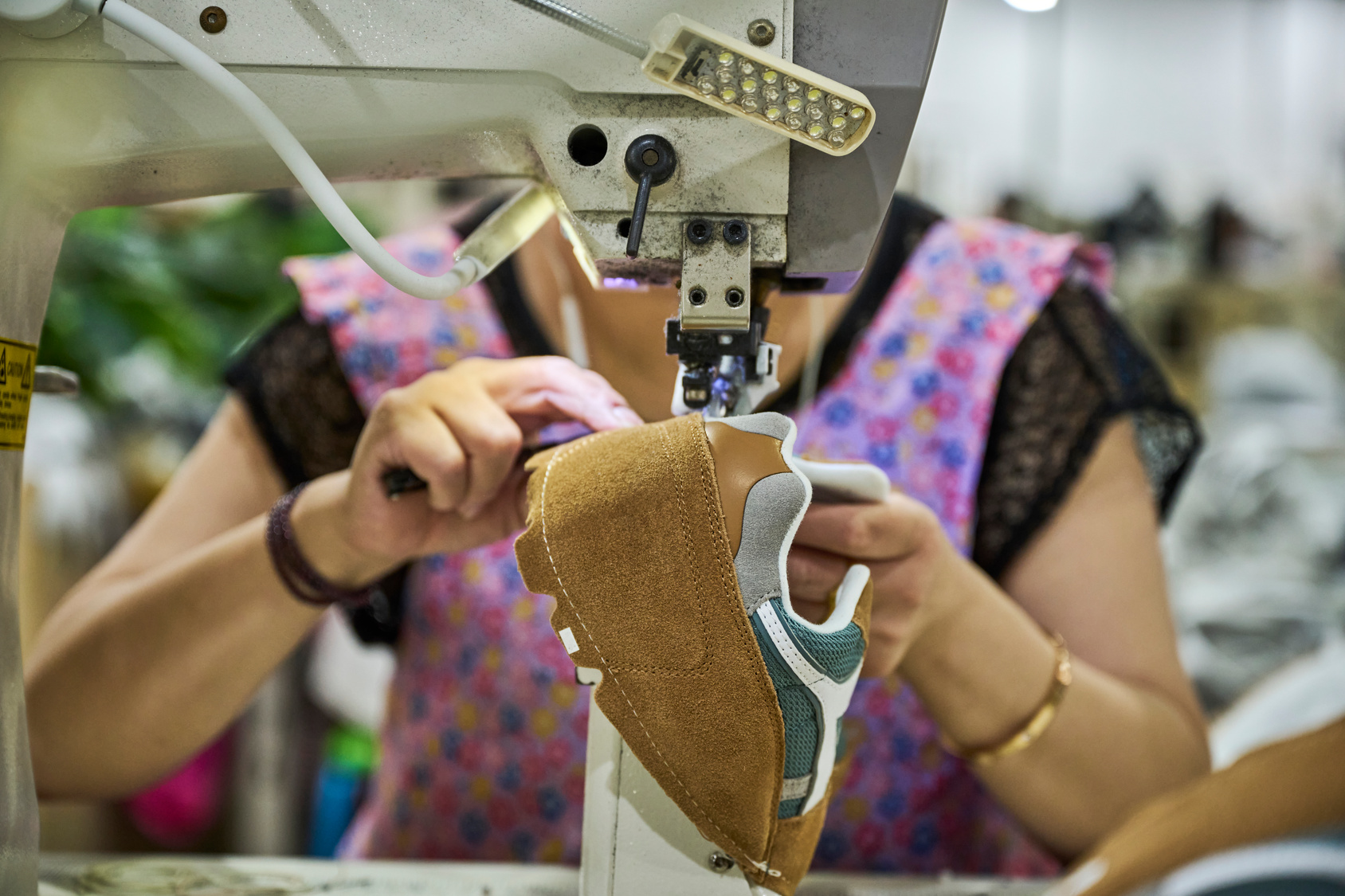From discrimination to accountability: transforming textiles and apparel
Published date: 04 September 2025

Medium article by Peter Dawkins, GRI Standards Senior Manager
The textiles and apparel sector employs more than 90 million workers globally, most of them women, as well as large numbers of migrants, caste-affected communities, and refugees. Despite fueling a multi-trillion-dollar industry, many of these workers are trapped in poverty, unsafe conditions, and systemic discrimination that undermines fundamental rights and entrenches inequality across global supply chains.
In the latest Medium article, Peter Dawkins highlights how entrenched discrimination - based on gender, migration status, caste, and ethnicity - continues to deny workers dignity, fair pay, and safe working conditions. From harassment and violence to exploitative contracts and exclusion from leadership, these injustices reveal an industry built on inequality, where exploitation sustains profit.
Transformation will not come through pledges alone, but through enforceable change: ensuring safe and dignified work, extending protections to marginalized groups, and guaranteeing representation for women and migrants. Transparency is essential, requiring independent monitoring, living wages, and accountability across supply chains.
Peter Dawkins, GRI Standards Senior ManagerThe draft GRI Textiles and Apparel Sector Standard, open for public comment until 28 September, represents a pivotal step in this direction. By requiring organizations to disclose their most significant impacts - from wages and working conditions to biodiversity and climate risks - the Standard brings long-resisted transparency that can empower workers, communities, and stakeholders to demand real change.
The article also connects these issues to the revision of the GRI Labor Standards, open for consultation until 15 September, including updated drafts on Diversity and Inclusion (GRI 405) and Non-Discrimination and Equal Opportunity (GRI 406).
Now is the time to engage: by contributing perspectives, stakeholders can help shape standards that ensure accountability, safeguard workers’ rights, and advance a just transition to sustainability.